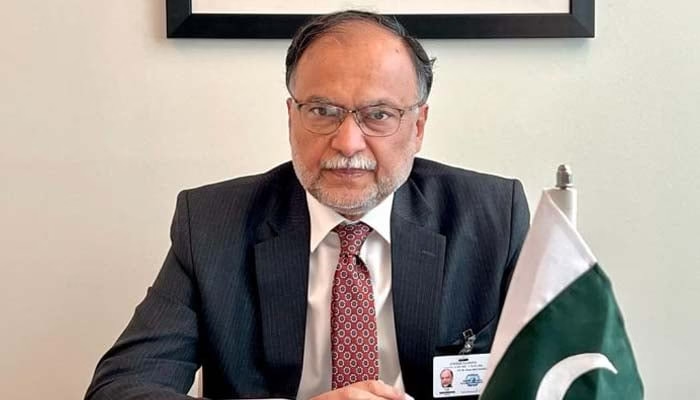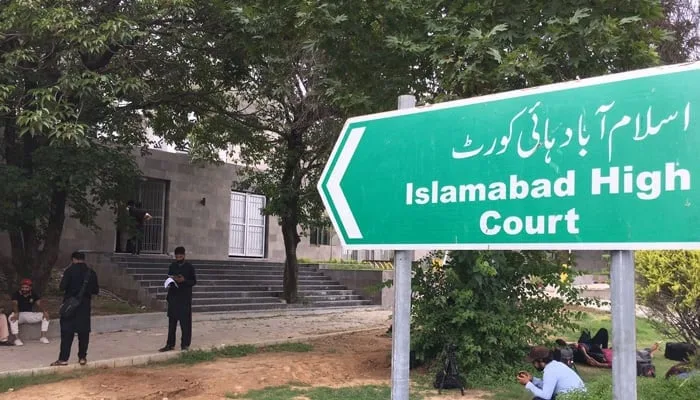The National Database and Registration Authority (NADRA) has rolled out a significant overhaul of the National Identity Card Rules 2002, marking one of the most comprehensive reforms to Pakistan’s identification system in recent years. These changes, initiated under the direction of the Interior Minister and approved by the federal cabinet, are designed to strengthen data security, eliminate fraud, and modernize citizen registration processes.
Key Reforms to B-Form Registration
One of the major updates pertains to the issuance of the B-Form, which is a crucial identification document for minors in Pakistan. Under the revised rules:
- Birth registration with the Union Council is now mandatory for obtaining a B-Form.
- For children up to the age of 3, biometrics and photographs are not required.
- Children aged 3 to 10 years must now provide a photograph and an iris scan.
- For those aged 10 to 18 years, biometrics, iris scans, and a photograph are compulsory.
Additionally, each child will receive an individual B-Form, which will now include an expiration date. While previously issued B-Forms will remain valid, a new B-Form will be required to apply for a passport going forward. According to NADRA, these measures aim to prevent fake registrations and curb child trafficking, which remains a serious concern in several regions of the country.
Family Registration Certificate (FRC) Becomes Legally Binding
Another major change involves the Family Registration Certificate (FRC), which has now been formally recognized as a legal document. NADRA has made it clear that:
- Applicants must declare the accuracy of the information submitted on the FRC.
- Only NADRA-verified family members will be included in an FRC.
- If a family member’s details are missing from the records, they must be registered before a complete FRC can be issued.
Citizens can now update family records via NADRA’s mobile app or by visiting a NADRA office. This process will be especially relevant for men with more than one marriage, as all family details will now be fully recorded and accessible in the FRC.
Empowering Women in ID Choice
In a progressive move, NADRA has announced that women can now choose whether to list their father’s name or their husband’s name on their national identity card. This update offers greater autonomy and identity flexibility for women, aligning with ongoing efforts to modernize civil registration practices in line with global norms.
Identity Card Decisions Within 30 Days
To ensure swift resolution of administrative cases, NADRA has set a 30-day deadline for decisions related to confiscation, cancellation, and restoration of national identity cards. This will improve transparency and responsiveness for citizens facing documentation issues.
Chipless Cards with Smart Features
In another upgrade, NADRA is enhancing its chipless identity cards by integrating smart card-like features. The updated chipless cards will include:
- Data in both Urdu and English
- A QR code for easy verification
- No additional fees for the upgraded card
These smart enhancements are aimed at expanding digital access and ensuring secure identity verification even for those who do not use smart ID cards. Importantly, if any cardholder comes forward voluntarily to correct inaccurate information, NADRA will provide legal protection and will not pursue punitive action, encouraging citizens to ensure the accuracy of their records.
Enhancing Security and Reducing Fraud
These reforms are part of a broader national effort to build a tamper-proof and fraud-resistant identity system. By tightening registration procedures, especially for minors and families, and using biometrics and digital verification, NADRA hopes to eliminate loopholes that have historically been exploited for criminal activities, including child trafficking, document forgery, and duplicate registrations.
NADRA’s sweeping changes signal a new era of secure and streamlined identity management in Pakistan. These reforms not only align with global best practices but also aim to protect vulnerable populations, promote transparency, and offer citizens more control over their personal data.
From mandatory birth registration to iris scans for minors and the legal recognition of the FRC, every Pakistani should be aware of these changes — because a secure identity means a stronger nation.



